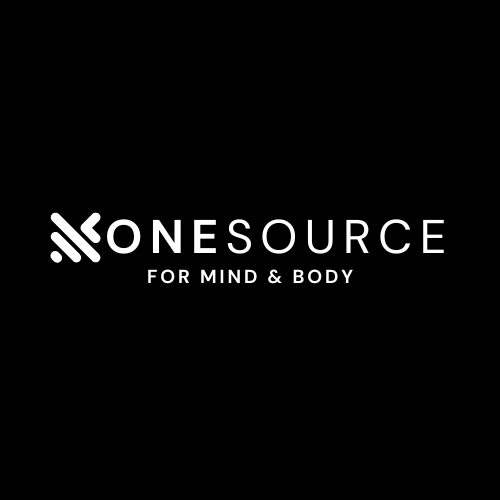Who Are You Becoming?
Recently I finished reading How Will You Measure Your Life? and it made me recount my own journey to figure out the purpose of my life after leaving my job in 2018. In my decade of work, I had learned to equate success with money and status. Even if I didn’t believe it in my soul, it was all around me and hard to ignore.
At work I had become accustomed to “prioritizing” twenty different things. Everyone wore multiple hats, and I was no exception with a list of responsibilities that was as large as it was varied. And although short by most standards, my career was successful, and so when I left, I equated success with “doing a lot” and spreading myself thin. It’s taken years to unwind that mentality.
Throughout my journey I’ve had three significant moments of reflection that completely shifted my mindset.
My first breakthrough came about a year after I resigned in, no surprise, the form of a book. I read Essentialism: The Disciplined Pursuit of Less, and it threw my beliefs on their head. Greg McKeown’s book not only gave me the permission to do less but it promised that in doing so I’d achieve more. And so, I began the process of eliminating the things that weren’t essential to my life, saying no more than I said yes, and limiting certain relationships while embracing others.
A year or so later, still stumbling to embrace the do less mentality, I drew inspiration from this quote I picked up on a podcast: “The question is not if you will survive or be successful, it’s how to be useful.” This got me to stop viewing success as a goal, and to start thinking about how my experience, knowledge, and interests could best serve the world, myself, and those around me. And in doing so I narrowed my focus a little bit more, and shed another layer of non-essential pursuits and responsibilities that I didn’t see supporting my “usefulness.”
The third and perhaps most influential thing I came across was again while listening to a podcast. It was an episode of the Tim Ferriss Show, the guest was Rich Roll. Rich Roll has struggled with addiction in his life and is now a successful and sober health influencer and endurance athlete. In describing one of the ways he stays grounded he shared a question he asks himself regularly. “Who are you becoming?”
We all have a vision of the person we want to be but just thinking about that very prospect can be overwhelming. Rich Roll’s approach is instead to look at his actions throughout the day and see if they align with the person he wants to be.
It was such a simple and pragmatic way of framing my pursuits and goals because it took the emphasis off of the end result and shifted it to the daily journey, with a focus on doing a little bit each day. It made success seem achievable. It also made me realize that to be outwardly useful, I first needed to embrace becoming the type of person that could be useful.
In How Will You Measure Your Life? the authors make this point in a slightly different manner. They ask the question: “In your life, there are going to be constant demands for your time and attention. How are you going to decide which of these demands gets your resources?” Later in the book they emphasize the point with this statement, “The type of person you want to become – what the purpose of your life is – is too important to leave to chance.”
Throughout my life I’ve been guilty of accepting my fate, of accepting my tendencies, habits, and personality as things that just are. I never thought to change them because I didn’t think I could. I think for a lot of us we’ve been led to believe this is true. But I’ve realized over the last few years that none of them are set in stone, they’re all malleable. Each day we truly have the opportunity to change, to be better.
Asking myself “Who are you becoming?” has been essential in guiding my actions. It’s also allowed me to ask myself simple questions to stay on track. Did my actions today support the person I’m striving to become? Did I spend my time, energy, money, and attention on what’s essential to me? When the answer is no, as it often is, I look to course correct the next day.
I’m not perfect, but I count days with more yes’ than nos as progress, and that’s the goal. There is no overnight success. There is no magic pill. There is only incremental change. If we know who we want to become, then we can invest our resources to developing that person. So, I only have one question for you: Who are you becoming? I’d love to hear in the comments.
Cheers.
James
Resources:
Essentialism: The Disciplined Pursuit of Less, by Greg McKeown
How Will You Measure Your Life? by Clayton Christensen, James Allworth, and Karen Dillon
Rich Roll — Reinventing Your Life at 30, 40, and Beyond (#561)
